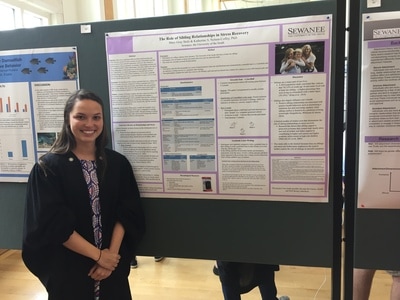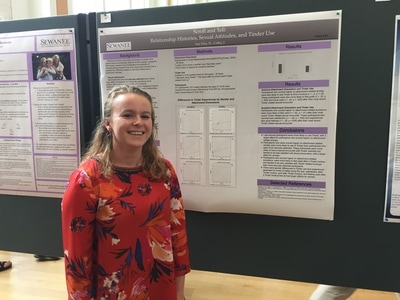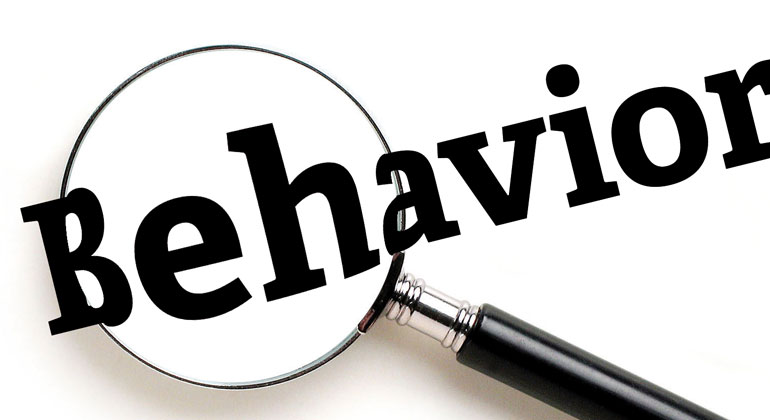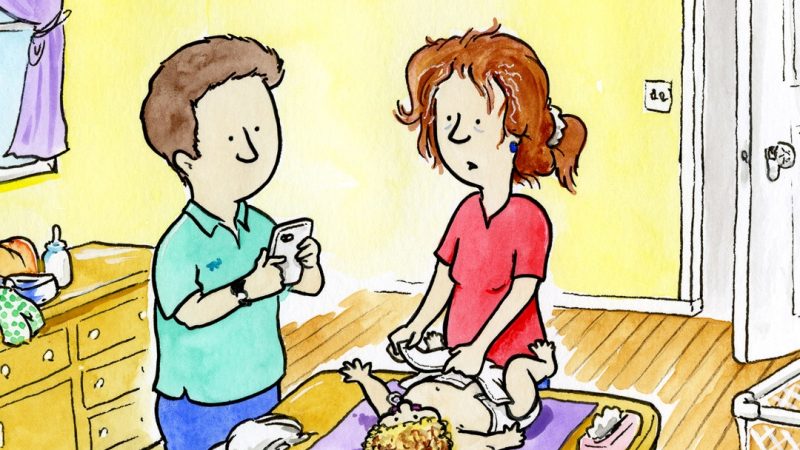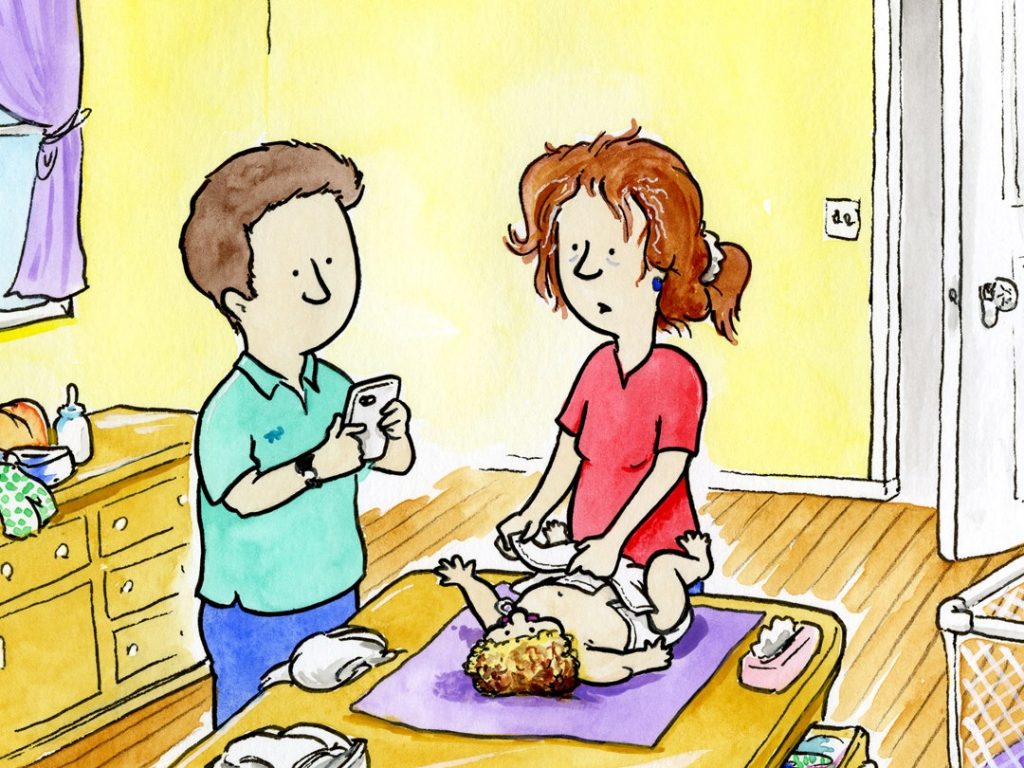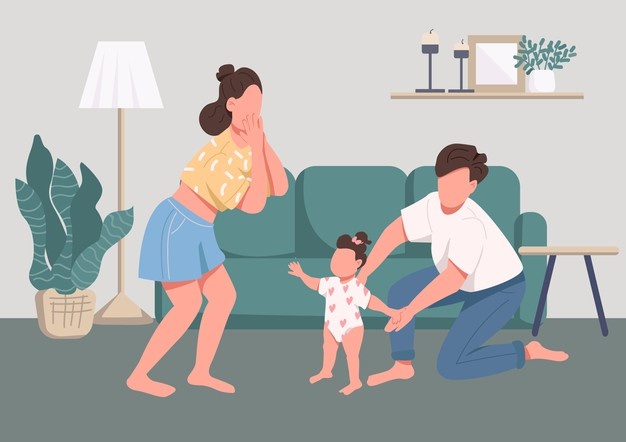Stressed and Happy? Investigating the Relationship Between Happiness and Perceived Stress –
Abstract
Developing interventions to increase happiness is a major focus of the emerging field of positive psychology.
Common beliefs about the need to reduce stress to obtain happiness suggest that stress management activities should be included in these interventions.
However, the research on the relationship between positive and negative affect is equivocal.
Theoretically, they are conceptualized as independent dimensions, but research has often found an inverse relationship between happiness and stress.
In addition, the research generally attempts to assess stress objectively rather than in terms of the cognitive appraisal process.
The current study examines the relationship between perceived stress and happiness among 100 college students to determine if the same inverse relationship exists.
Linear correlations between happiness and perceived stress were significant indicating that there was an inverse relationship between these variables.
The discussion focuses on several factors that might help to explain the observed relationship.
Keywords Perceived stress ! Happiness ! Positive affect ! Negative affect !
Relationship between stress and happiness
1 Introduction
In recent years, the field of positive psychology has emerged to bring awareness to the role of psychology in making life more fulfilling, enhancing human functioning, and increasing happiness (Seligman 2002).
Research has suggested that increasing happiness has multiple benefits.
For example, Fredrickson’s (1998) broaden-and-build model proposes that positive emotions cause a broadening of thought-action potentials, build personal resources (e.g., social relationships and knowledge), and improve personal functioning (Fredrickson 1998).
Lyubomirsky et al. (2005) compiled research documenting that positive affect is associated with multiple positive outcomes including better performance ratings at work, higher salaries, and improved health.
Based on the benefits of increasing happiness found in the literature, an important goal within the field of positive psychology has been to develop interventions that increase individuals’ happiness levels and sustain these gains
over time (Seligman et al. 2005).
However, the most effective method of achieving these goals still needs to be determined.
Based on the common conception that stress impedes happiness, it would seem that an important way to increase happiness would be to reduce stress levels.
However, it has been unclear from research on the relationship between stress and happiness whether stress
management would be essential in an intervention to increase happiness.
Watson and Tellegen (1985) concluded that positive (e.g., happiness) and negative (e.g., stress) affect were two orthogonal dimensions, which suggests that it is possible to feel both emotions simultaneously.
In fact, there is a growing literature on post-traumatic growth, which refers to positive outcomes that can arise from traumatic experiences (Tedeschi et al. 1998).
However, some research conducted on the relationship between positive and negative affect has not supported the proposed independence of these two dimensions (Feldman Barrett and Russell 1998; Russell and Carroll 1999), and definitions of these dimensions have varied in the literature.…
